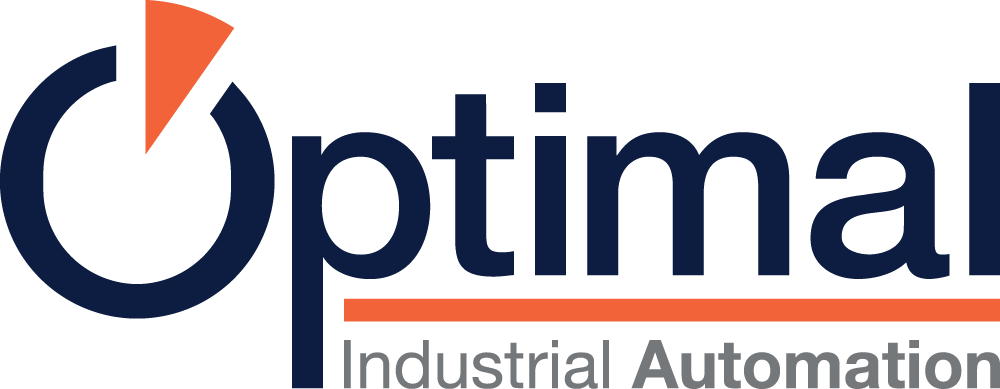Dec 1, 2021
When backed by Process Analytical Technology (PAT), Smart Factories can maximize responsiveness on the factory floor by leveraging data generated throughout the entire manufacturing process. This leads to substantial improvements in product quality, throughput and efficiency, providing companies with a massive competitive advantage.
Martin Gadsby, Director of the Optimal Group, looks at how PAT-driven automation can help businesses realize the benefits of smart manufacturing.
The digital transformation of business is enabling the creation of data-led manufacturing strategies combined with fully automated operations. To this end, factory floors are being converted into intelligent networks of interconnected sensors, machines, processes and systems. With the potential to adjust and optimize processes in real time, Smart Factories need effective data gathering and mining solutions.
A PAT framework is essential to transforming the collected data into actionable insights and realizing responsive smart manufacturing applications. This quality-driven approach relies on the relationship between critical process parameters and critical quality attributes of raw and in-process materials to optimize manufacturing activities.
The importance of a PAT knowledge manager
While it is relatively easy to generate large volumes of production data, businesses need a PAT knowledge management platform, such as synTQ, to identify which data sets should be stored, assessed and rationalized into actionable knowledge. Used by over 60% of global pharmaceutical majors, this framework can help to create flexible, futureproof plants that can quickly adjust process parameters to enhance operational efficiency and product quality.
An intelligent PAT management system also ensures that plant operators have instant access to actionable knowledge by automatically sorting and filtering manufacturing data. In addition to this, historical data can be profiled to develop process-related mechanistic knowledge that can achieve further production improvements.
Finally, an advanced PAT data management platform that supports data fusion, sharing and advanced analytics can enable the creation of highly automated Industrial Internet of Things (IIoT) applications. These, in turn, offer improvements in throughput and deliver consistent quality.
Set up a reliable partnership
To create effective Smart Factories and reap the benefits of real-time process control and monitoring, manufacturers should partner with an experienced automation specialist. The Optimal Group – Optimal Industrial Automation together with Optimal Industrial Technologies – has been delivering automation and PAT-driven automation systems to enhance the competitiveness of businesses for over 30 years. In particular, the company specializes in integrating the PAT knowledge management system, synTQ, within its advanced automated solutions.
By collaborating with an integrator that can deliver PAT-driven automation systems, manufacturers can minimize production costs, material and energy usage, increase throughput and improve product quality.

Image 1: PAT-driven automation can help businesses succeed in smart manufacturing strategies by delivering data-driven actionable insight into production processes.

